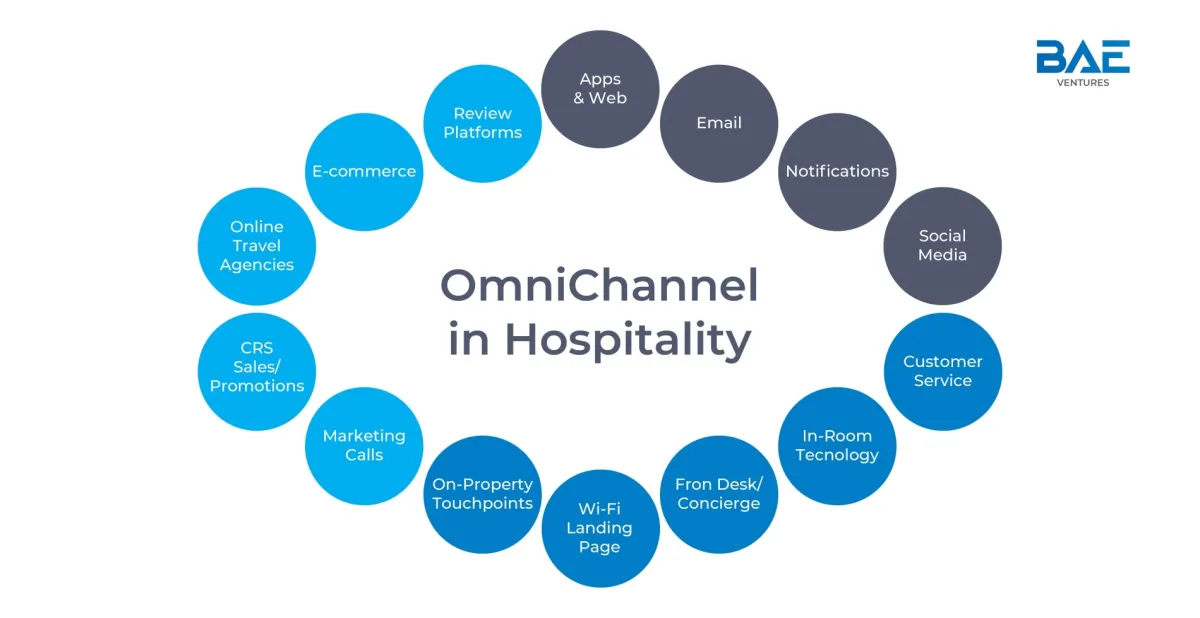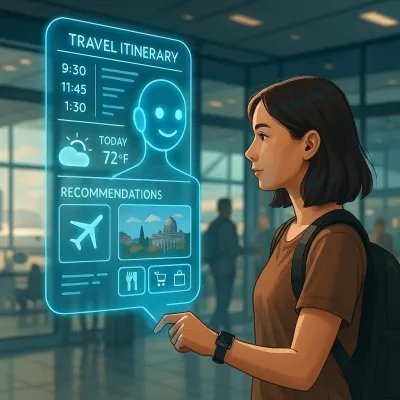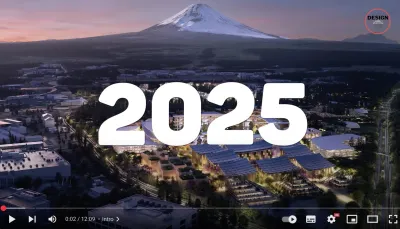Hospitality
Platform for Hotels
How Hotel Communication Omni-Channel Platform Are Transforming Hospitality

Hospitality
Platform for Hotels
The Importance of Seamless Communication in the Guest Journey
In today’s hyper-connected world, guest expectations in the hospitality industry have reached new heights. Travelers expect real-time responses, personalized interactions, and seamless communication across their preferred platforms. For hotels, meeting these expectations isn’t just a nice-to-have—it’s a competitive necessity. Whether it’s booking a stay, requesting extra pillows, or leaving feedback, a smooth communication process can make or break a guest’s experience. Enter the Omni-Channel Communication Platform—a powerful tool that transforms how hotels interact with their guests, ensuring every touchpoint is effortless and satisfying.
What is an Omni-Channel Communication Platform?
Think of an Omni-Channel Communication Platform as the ultimate guest relationship tool. It integrates multiple communication channels—email, SMS, WhatsApp, social media, live chat, and even voice calls—into one cohesive system. Unlike traditional multi-channel approaches, where each channel operates in a silo, omni-channel platforms synchronize guest interactions seamlessly across all touchpoints. Key features include:
- Centralized Communication Hub: A single dashboard to view and manage all interactions.
- Real-Time Synchronization: Updates guest conversations instantly across platforms.
- AI-Driven Insights: Provides data-backed recommendations for better service.
- Scalability: Handles high volumes of communication without compromising quality.
Imagine a guest starting a conversation via WhatsApp and continuing it via email without needing to repeat themselves—that’s the power of an omni-channel platform.
Why Hotels Need an Omni-Channel Approach
- Enhancing Guest Experience: Today’s guests want convenience. An omni-channel approach ensures they can reach the hotel on their terms, whether through a messaging app or a quick phone call. Plus, with access to a guest’s preferences and history, staff can provide a personalized touch that feels effortless.
- Increasing Efficiency: Automating routine queries like “What time is check-out?” or “Can I get an extra towel?” frees up hotel staff to focus on creating memorable guest experiences. AI chatbots and automated workflows streamline operations, cutting response times dramatically.
- Improving Brand Loyalty: Guests remember how they’re treated. Quick, consistent responses across platforms not only solve their problems but also build trust and encourage repeat stays. Happy guests become loyal advocates.
Core Technologies Behind Omni-Channel Platforms
What makes these platforms so powerful? It’s a blend of innovative technologies:
- AI-Driven Chatbots: These smart bots are available 24/7 to answer questions, confirm bookings, and even upsell services.
- Real-Time Messaging: Whether it’s via WhatsApp, SMS, or Messenger, instant communication ensures guests feel valued.
- Automation Tools: From sending booking reminders to follow-up surveys, automation handles the repetitive tasks seamlessly.
- CRM Integration: Unified guest profiles enable personalized interactions based on previous stays, preferences, and special requests.
Trends in Hotel Communication
As guest expectations evolve, so do the capabilities of omni-channel platforms. Here are a few trends reshaping hotel communication:
- Personalization: AI analyzes guest data to suggest tailored recommendations, like spa packages or local dining options.
- Voice AI: Voice-activated assistants and IVR systems allow guests to make requests hands-free, adding an extra layer of convenience.
- Multilingual Support: Real-time translation tools break language barriers, making it easy to communicate with international guests.
- Smart Room Integration: Guests can use their preferred platform to control room settings, order room service, or request housekeeping, all seamlessly connected to their omni-channel experience.
Challenges and Considerations
While omni-channel platforms offer incredible benefits, they’re not without challenges:
- Data Security: Protecting guest data is critical, especially with increasing regulations like GDPR.
- Integration with Legacy Systems: Many hotels still rely on older property management systems (PMS) that may need upgrades to support omni-channel solutions.
- Maintaining a Consistent Brand Voice: Ensuring that responses—whether automated or human—reflect the hotel’s personality and values takes careful planning and training.
Hotels that address these challenges head-on can unlock the full potential of an omni-channel strategy.
Future of Omni-Channel Communication in Hospitality
The future of hotel communication is bright, with even more exciting developments on the horizon:
- AI-Driven Automation: Imagine platforms that anticipate guest needs, like offering late check-out options before they even ask.
- Predictive Engagement: Using analytics to proactively send relevant offers or updates, such as dinner reservations at a guest’s favorite restaurant.
- Deeper Personalization: Combining guest history, preferences, and contextual data to create unique, memorable experiences for every stay.
The Strategic Advantage of Adopting an Omni-Channel Communication Platform for Hotels
In a world where guest expectations are constantly evolving, an omni-channel communication platform offers hotels a strategic edge. By integrating advanced technologies, streamlining communication, and enhancing personalization, these platforms empower hotels to stand out in a competitive market. The result? Happier guests, more efficient operations, and a stronger, more loyal customer base. For hotels aiming to deliver exceptional experiences, embracing omni-channel communication isn’t just smart—it’s essential.



